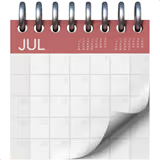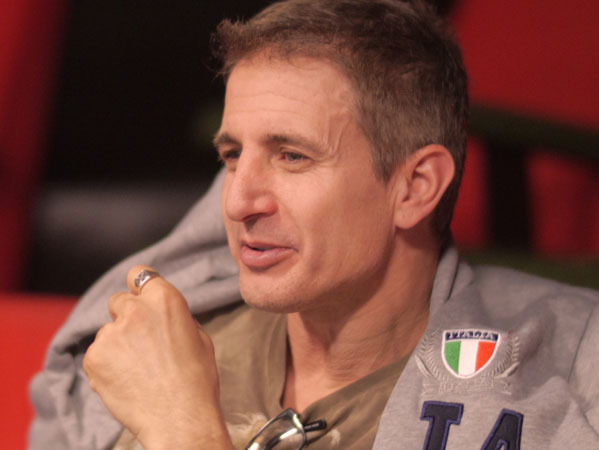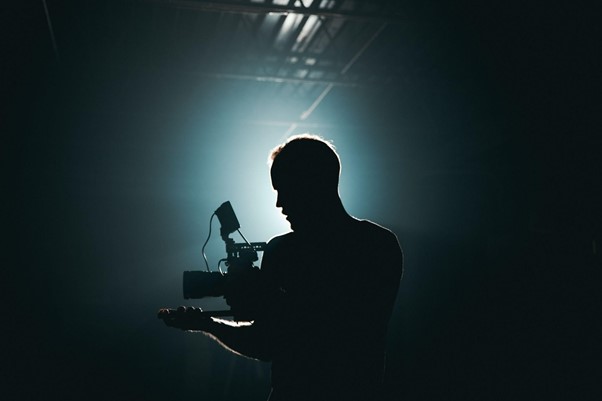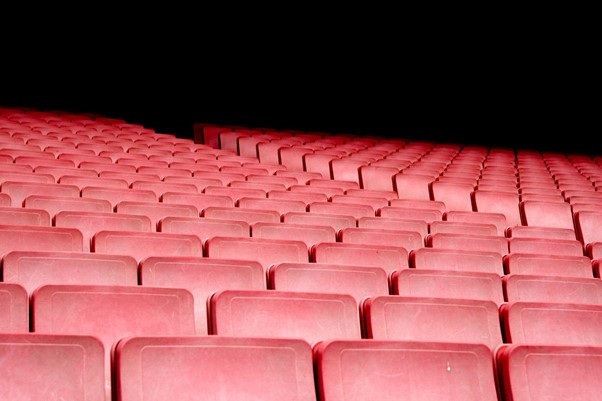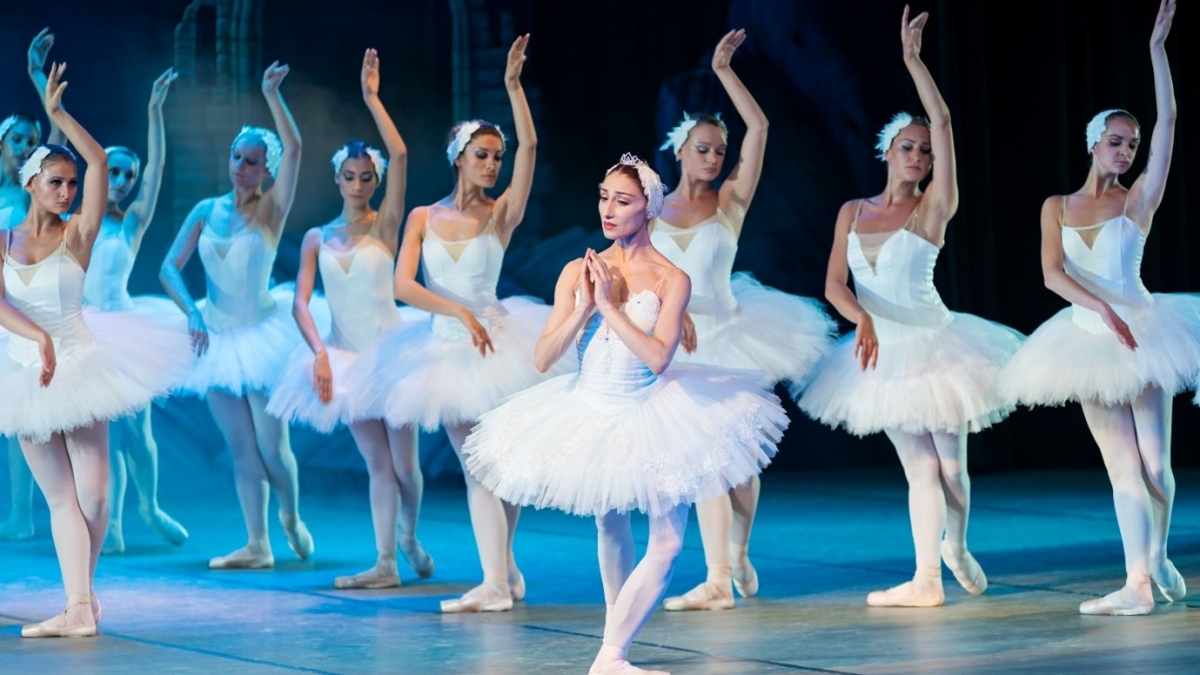What is a Screen Test in Acting?
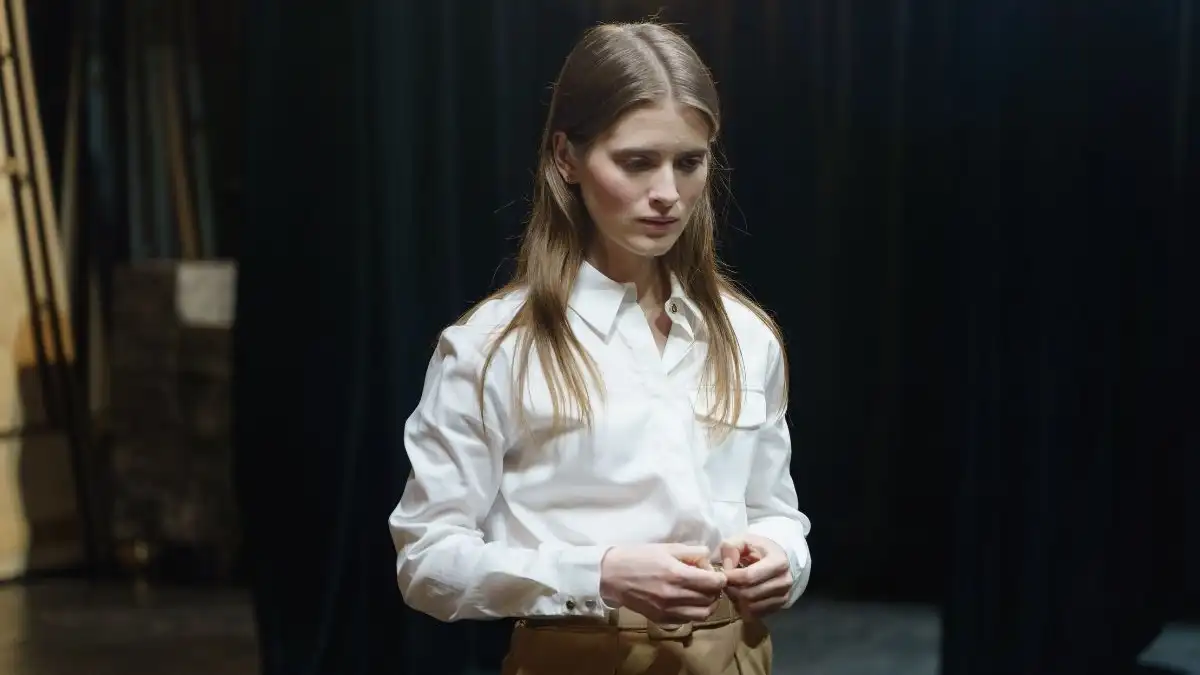
Getting a screen test right can transform your acting career
As an actor, it can feel as though there are a hundred hoops you have to jump through in order to land a role. Interviews, casting calls, auditions, and so on and so forth. One of the things you’re likely to be asked to do as part of landing a gig on TV or in the movies is a ‘screen test’.
Screen tests have become more and more widespread in recent years. A generation ago, only the final few candidates for a big role would be brought in for a screen test. Nowadays (post-pandemic) the most common way of auditioning is to set up a camera at your home or a casting agent’s office, and record an audition.
So what is a screen test? How do you record one?
In this article, we’ll go through what a screen test is, what casting directors are looking for, how to get the most out of yourself on a screen test, and we will even have a look at how to improve your acting on screen.
Acting lessons can help you nail your screen test. Find out more about The Actor’s Pulse to hone your skills and improve your mastery of the art of acting.
What is a screen test?
A screen test, also known as a camera test, is a specific kind of audition that actors are often asked to do for roles in TV or films. In essence, it’s a way of finding out how an actor looks and sounds on screen.
How is a screen test different from a normal audition?
It might sound obvious, but it’s worth stating: while an ‘in person’ audition is held face to face, a screen test is all about acting for the screen. On a screen test, the casting director will be looking to see how you look on screen, and evaluating how you act without other actors in the room.
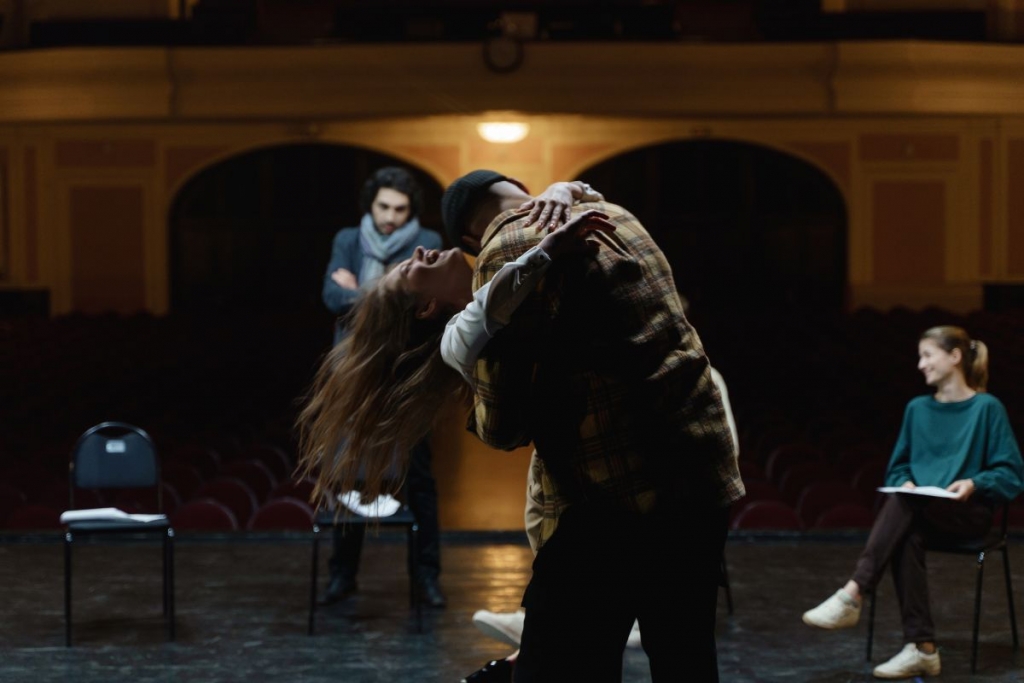
How do I do a good screen test?
Other than learning your lines and acting as well as you can, there are still a few additional things you can do to improve your screen test.
- Look the part: The purpose of a screen test is so that the team who are making a movie or a TV show can tell how you look on screen. If a producer wants you to come in for a screen test, they may have costumes for you to try on. If you look through the internet, you’ll find examples of many famous actors going in for screen tests for roles. Try to look the part for the role, to make it easier for the casting director to imagine you in the part. If you’re recording a screen test on your own at home, ensure that the shot is framed and lit nicely. You don’t have to run out and buy a costly lighting setup, but if you take a trip to Target, KMART or Big W, it is increasingly easy to find small tripods and lights that are suitable for a home screen test.
- Sound the part: The microphone on a contemporary phone or camera is often good enough to record a screen test. However, if you want to take your screen text to the next level, try investing in a lav mic. A lav mic is a small, inexpensive microphone that clips onto your top to record your voice at a high quality, in a way that isn’t cumbersome or distracting on video.
Help! I struggle with acting on screen. How can I get better at my screen test?
Acting on screen can be quite different to acting for the stage. Even actors who’ve had wonderful success in theatre productions can find the transition to screen acting to be challenging.
Screen acting requires different movements, different ways of speaking, and a different mindset: it’s one thing to perform before a joyful and adoring audience, and it’s another thing entirely to perform under the unforgiving lens of a cold and inhuman camera.
If you’d like to work on your acting and do better on screen tests, you should consider acting lessons. Practice, as they say, makes perfect. With the right acting instructor, you may find that your success rate for screen tests shoots up.
At The Actors Pulse, experienced actors can help you develop the skills to nail your next audition, whether in person, or on a screen test.
Start today!

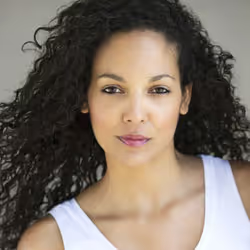
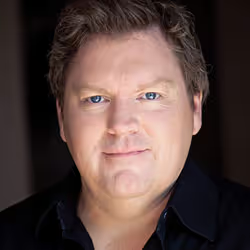

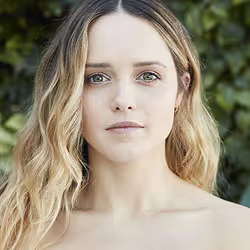
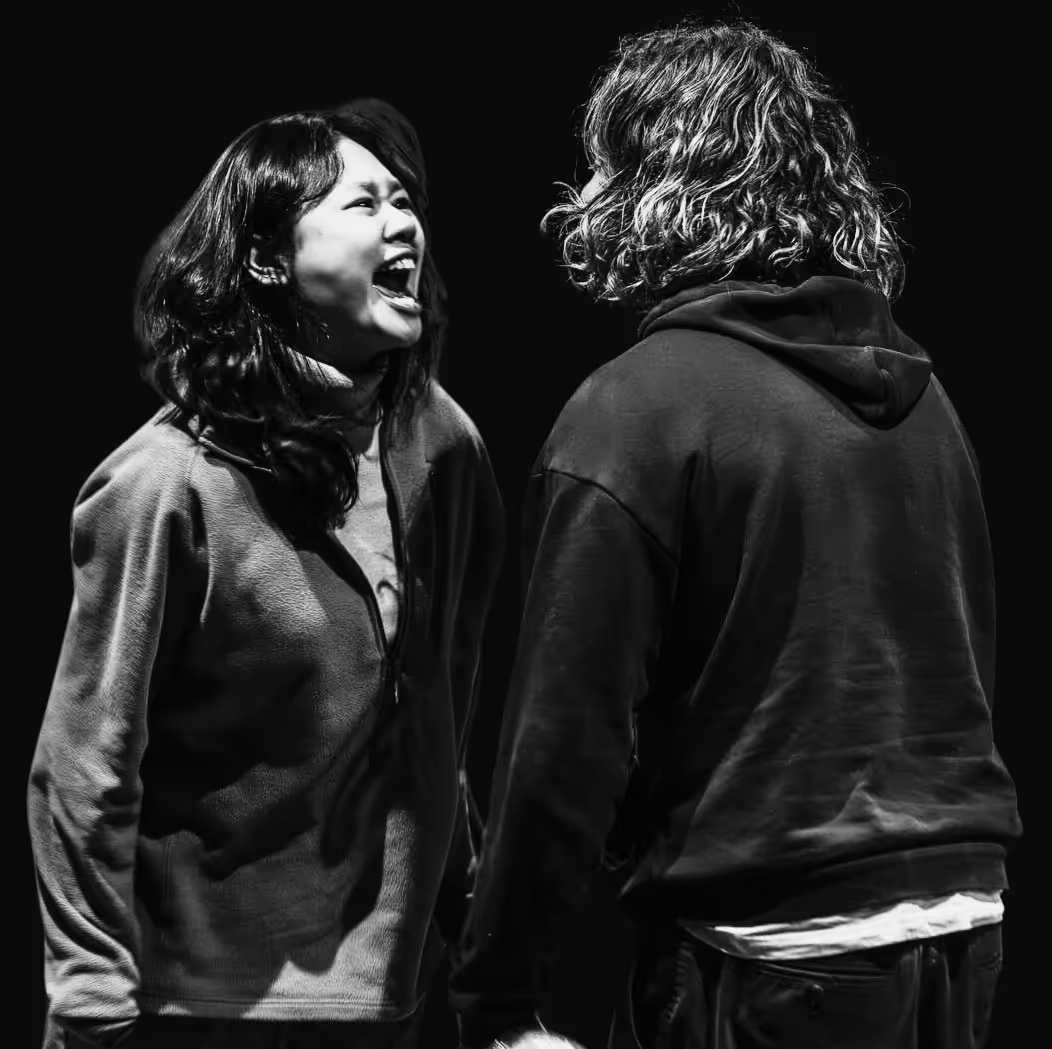


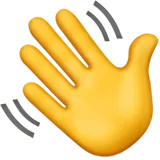
Contact Us
Get in touch with us using the form or details below. We look forward to hearing from you!
